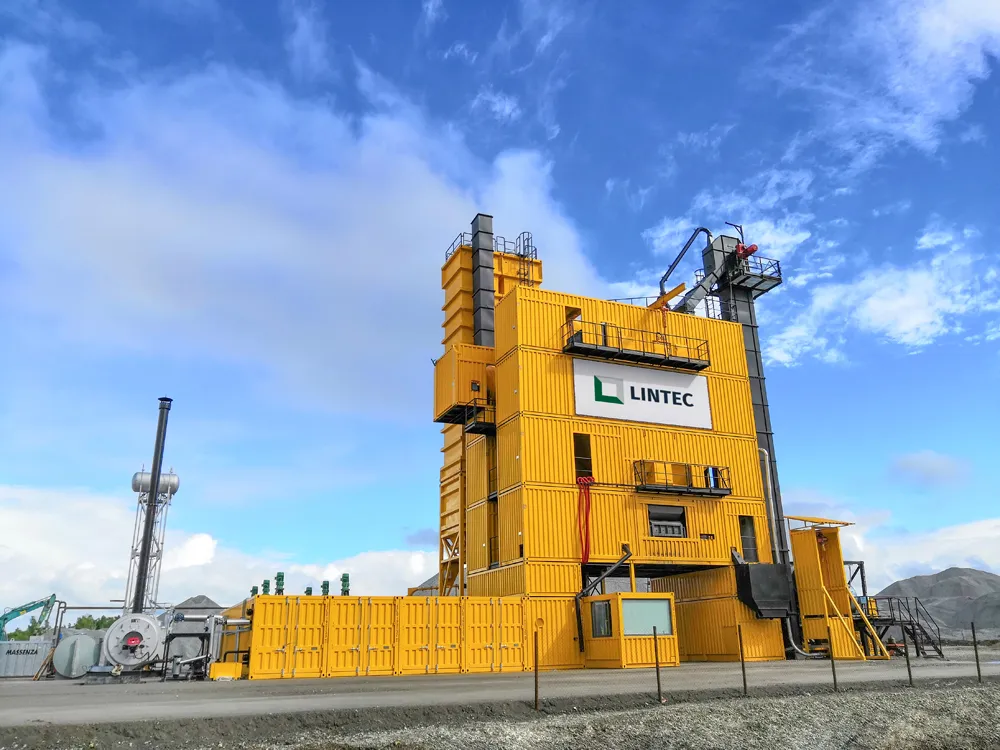AkzoNobel is expanding its operations and portfolio with the acquisition of UK-based concrete repair and protection manufacturer Flexcrete Technologies. As part of the deal, 100% of the shares in Flexcrete Technologies have been acquired by AkzoNobel.
The two firms have been working together since 2010, developing the Intercrete range of mortars and cementitious coatings. These have shown themselves to be successful when used in combination with the proven AkzoNobel resin-based coating and lining systems.
Flexcrete’s original founders Graham James OBE and Chris Lloyd will continue to manage the existing day-to-day sales, manufacturing and technical operations from Flexcrete’s head office and manufacturing complex in Leyland, Lancashire, and all Flexcrete staff have been retained as part of the acquisition. AkzoNobel says it is committed to a long-term presence on the existing Flexcrete site in Leyland.
Graham James co-founder of Flexcrete Technologies said, “We are excited about the huge benefits that the acquisition will bring. Although it will be very much business as usual and contacts will remain the same for our customers, the acquisition will enable us to build on our capabilities as a niche technology provider with the development of new, innovative and sustainable solutions for our target markets.
“We will benefit enormously from access to AkzoNobel’s Technical Centre in Felling where over 300 staff focus on R&D related activities and intend to strengthen the Flexcrete brand and increase sales both in the UK and overseas. We are already recruiting additional external sales staff to service the demand,” he continued.
Mauricio Bannwart, managing director of AkzoNobel’s Protective Coatings business, said, “This deal generates a number of synergies which will deliver significant benefit to our customers. We are already leaders in protection of metal substrates and the acquisition of Flexcrete aligns with our existing portfolio of products, allowing us to provide customers with essential concrete and metal protection through one dedicated supplier. The deal also offers us a great opportunity to pursue further coatings innovations in a number of our core markets.”
AkzoNobel expanding with Flexcrete deal
AkzoNobel is expanding its operations and portfolio with the acquisition of UK-based concrete repair and protection manufacturer Flexcrete Technologies. As part of the deal, 100% of the shares in Flexcrete Technologies have been acquired by AkzoNobel.
July 10, 2017
Read time: 2 mins
RSS







